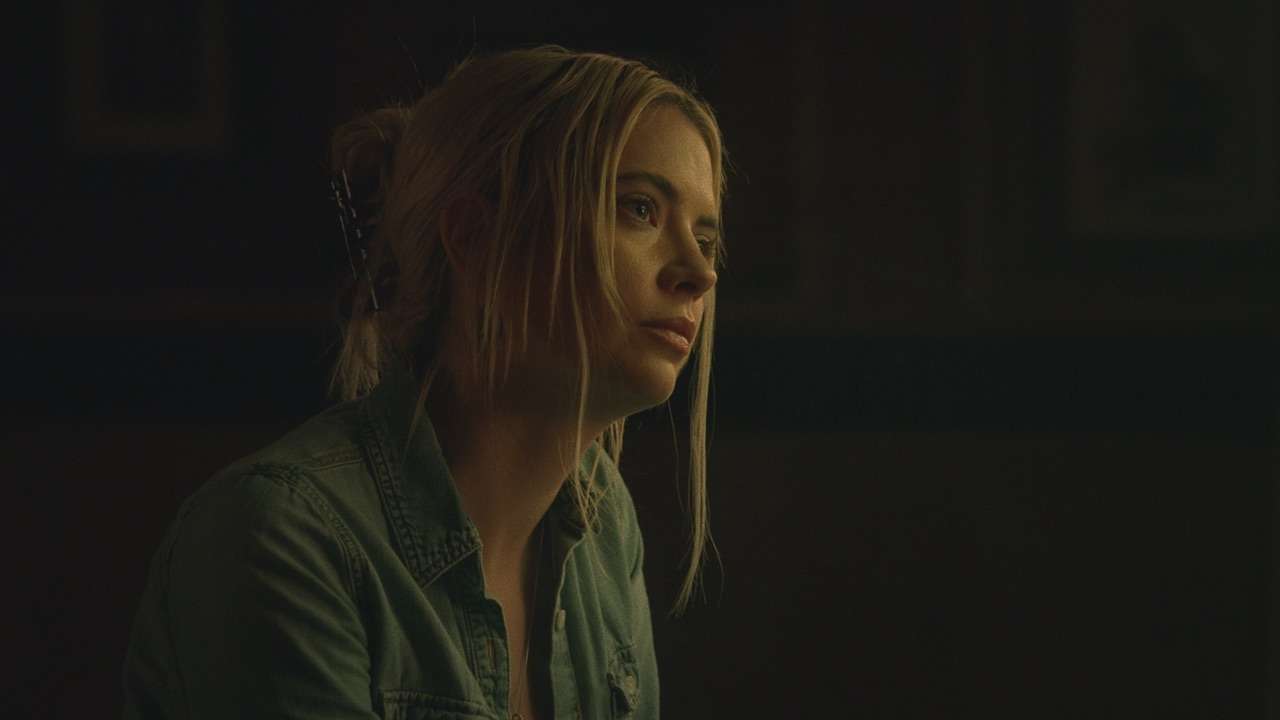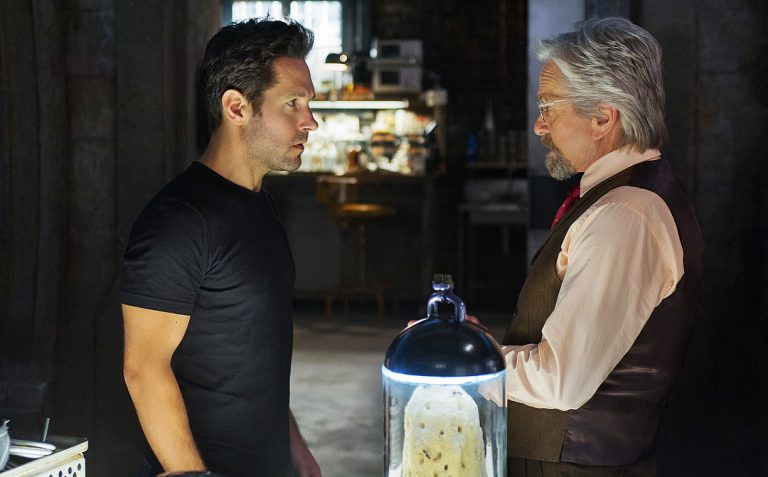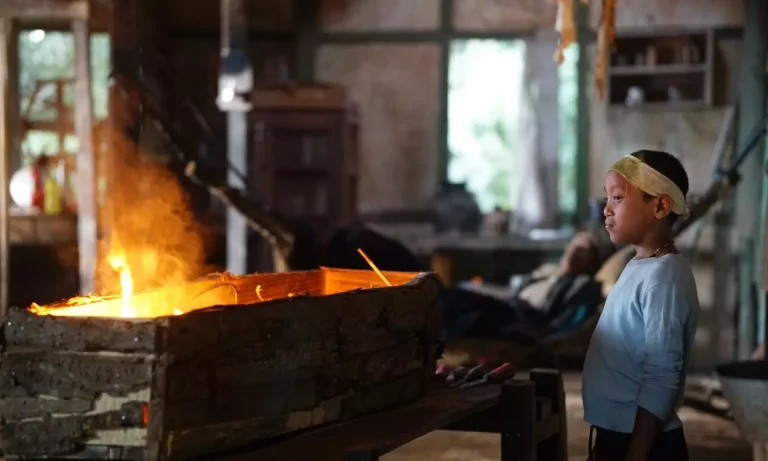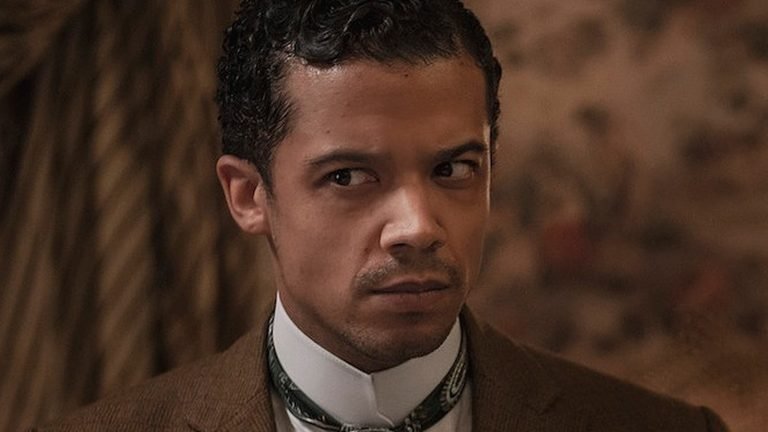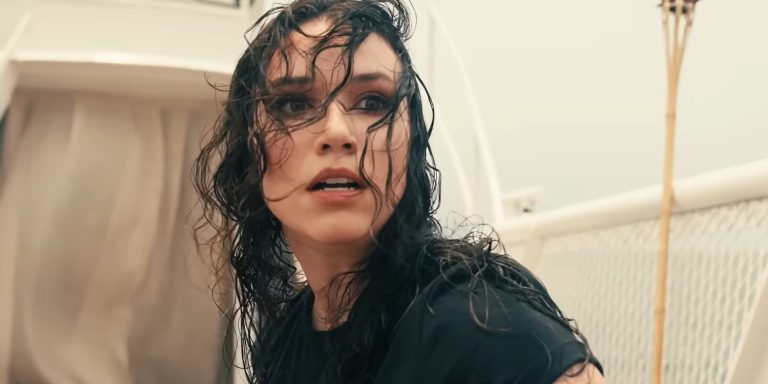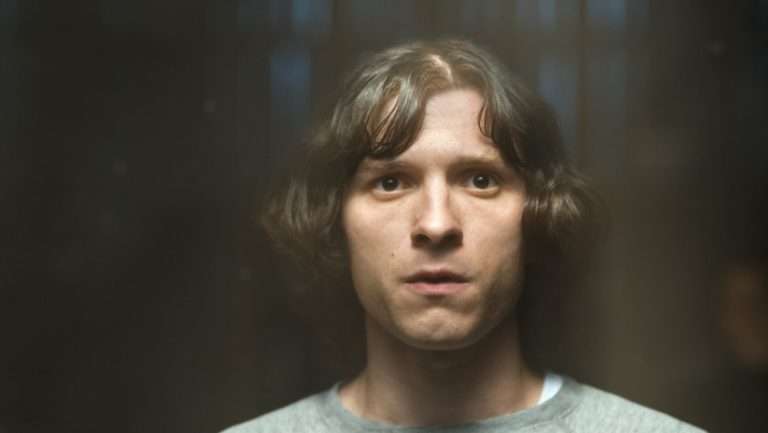As a psychological crime thriller, “McVeigh” (2025) relies on the tense atmosphere surrounding its characters. It centers around a war veteran who commits an act of domestic terrorism. Alfie Allen (“Game of Thrones”) plays Timothy McVeigh, a real-life terrorist the film is based upon, who is the perpetrator of the Oklahoma City bombing in 1995. Mike Ott has directed this film, whose efforts turn it into a brooding affair. The entire film feels like the silence before the storm. It shows McVeigh slowly getting sucked into a destructive philosophy that destroys several lives.
Spoilers Ahead
McVeigh (2025) Plot Summary & Movie Synopsis:
Mike Ott’s direction makes “McVeigh” appear like a gradually escalating affair, leading up to something devastating. However, it steers clear of using heightened moments, turning the film into a study of the character’s indecipherable interiority. The film moves at a glacial pace and presents its protagonist as an enigma, whose hopelessness and insecurities make him an easy target for psychological exploitation.
What happens in McVeigh?
“McVeigh” begins with its titular protagonist (Allen) driving through a road in the middle of the woods. Cops pull him over because he is driving over the speed limit. McVeigh reveals that he is coming from Aldril and heading to Oklahoma City. The very next moment, we see him at a local gun fair. Unlike other sellers, McVeigh remains still and quiet. He doesn’t seem enthusiastic about this work until Frédéric (Anthony Carrigan) shows up at his table. Frédéric appreciates a quote that says, “The day the government outlaws guns is the day I’ll be an outlaw.”
Frédéric buys it from McVeigh and shows interest in his work. McVeigh wonders whether that’s because they know each other from before. Regardless, McVeigh returns to his trailer with a wad of cash and watches Attorney General Janet Reno’s testimony about the haunting tragedy that killed the Branch Davidian children. McVeigh points a gun at the TV screen since he’s resentful of the government. Later, he meets Richard Snell (Tracy Letts) in prison. Snell is a white supremacist, convicted of killing a black man and a pawn shop owner whom he thought was Jewish.
What radicalizes McVeigh in the film?
The film shows McVeigh’s frequent meetings with Richard Snell and Terry Nichols (Brett Gelman). During these visits, Snell recalls the Waco siege from 1993. Snell was going to be executed on 19th April, the same date when the siege happened. With this information, he fed fuel to McVeigh’s anger about this incident and what it represents for those who look like him or who believe in things that they do. He keeps McVeigh’s anger seething, hoping it will explode so that his school of thought doesn’t die.
Outside the prison, Nichols and Frédéric feed his mind with ideas about a violent revolution. Frédéric keeps using him as a tool for his pro-gun propaganda. He notices McVeigh sitting by himself, quietly, at a conservative fare, and figures out his vulnerabilities from the get-go. Frédéric misdirects McVeigh’s anger about his life to what he believes to be better for the world. McVeigh easily surrenders to Frédéric’s persuasion, likely because he has no strong purpose in his life otherwise.
Meanwhile, Nichols reveals another side of their privilege to him. Nichols shows his Asian American wife, who can’t speak much English but is submissive as per Nichols’s desire. He bonds with McVeigh as a fellow timid man incapable of building a genuine emotional connection. It becomes apparent when McVeigh joins Nichols at a shooting range and crosses paths with Cindy (Ashley Benson).
McVeigh (2025) Movie Ending Explained:
What happens to McVeigh’s relationship with Cindy?
McVeigh notices Cindy at the range but remains aloof. Soon, he shows up at the diner where she works. They join each other for drinks and end up making out right after. She speaks about her past—how she left her home behind and about her past relationship that failed. Even as their relationship blossoms, McVeigh frequently meets Frédéric, Nichols, and Snell. They keep feeding his mind with resentment toward the government for destroying the place of their cult-like gatherings. Frédéric and Snell realize that he is malleable enough to be taken advantage of.
Of course, they never explicitly say that, but they make him feel heard and validated since hardly anyone does, which ultimately helps their cause. Cindy, who happens to be the only other person to make him feel seen, is not as submissive as the person Nichols calls his partner. So, McVeigh considers Cindy to be at odds with what he is ‘supposed to’ achieve. He starts getting hold of firearms in any way he can in a plan to bomb a government facility. He is conditioned to believe that this will make their voices heard and offer divine justice.
Cindy happens to notice it at his house, which infuriates him. Unsure of how to process his emotions, he bursts out at her and makes her leave. It causes a rift between them, ending their relationship. He later visits her at a bar, hoping to have a word. However, she refuses to get back into an abusive relationship with him.
How did McVeigh justify killing innocent civilians?
McVeigh gets hold of firearms and explosives as he plans a big action to prove a point he believes to be worthwhile. Snell makes McVeigh feel that he has like-minded company inside the prison. Around this time, McVeigh ropes Nichols into his plan. Toward the end, the film shows McVeigh quietly roaming around the town and being busy with his planning. It mostly shows him in monotonous scenes that lead up to the true incident of the Oklahoma City bombing, which happened in 1995. He reasoned it with his aforementioned extremist beliefs.
However, instead of presenting a fictional version of the bombing incident, the film offers documentary footage from the time it happened. It conveys the horrors the locals faced in the wake of this tragedy.

